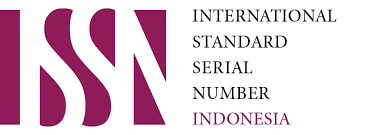Should Muslim Consumers Trust QRIS? Exploring Awareness and Ethical Challenges
DOI:
https://doi.org/10.24252/iqtisaduna.v11i2.56660Keywords:
QRIS, Islamic Principles, MuslimsAbstract
This study looks at how legal rules for non-cash transactions using Quick Response Code Indonesian Standard (QRIS) services relate to the goals of Maqāṣid al-Sharīʿah. Using the PRISMA systematic literature review method, the research carefully found, checked, and studied important articles from trusted academic sources to see how the principles of tabṣirah (guidance), al-ḥaj (necessity), and taʿāwun (mutual assistance) fit with Sharīʿah goals. The procedure involved defining inclusion and exclusion criteria, conducting a comprehensive database search, removing duplicates, screening titles and abstracts, and performing a full-text analysis to ensure relevance and quality. The results highlight that QRIS supports the realization of the five pillars of Maqāṣid al-Sharīʿah: protection of religion, life, intellect, lineage, and wealth. The study concludes that QRIS, when applied in accordance with Sharīʿah principles, enhances financial inclusion and ethical economic practices. It also identifies the need for continuous public education and regulatory clarity to maximize its ethical and social impact.Downloads
References
AAOIFI. (2019). Exposure Draft of the Code of ethics for Islamic finance professionals Contents (pp. 1–48). http://aaoifi.com/wp-content/uploads/2019/08/AAOIFI-Exposure-Draft-v1-Code-of-Ethics-for-Islamic-Finance-Professionals.pdf
Adiningsih, F. D., Rita, R., & Safina, N. (2024). Kelayakan E-Book Berbasis Qris Berbantuan Budaya Lokal Pada Materi Puisi Kelas X Di Sekolah SMAN 1 Tanjung Morawa. Innovative: Journal Of Social Science Research, 4(4 SE-Articles), 10920–10933. https://doi.org/10.31004/innovative.v4i4.14471




